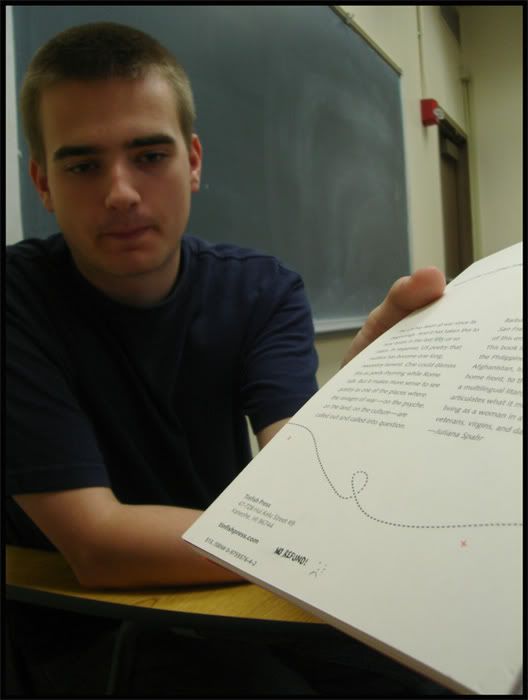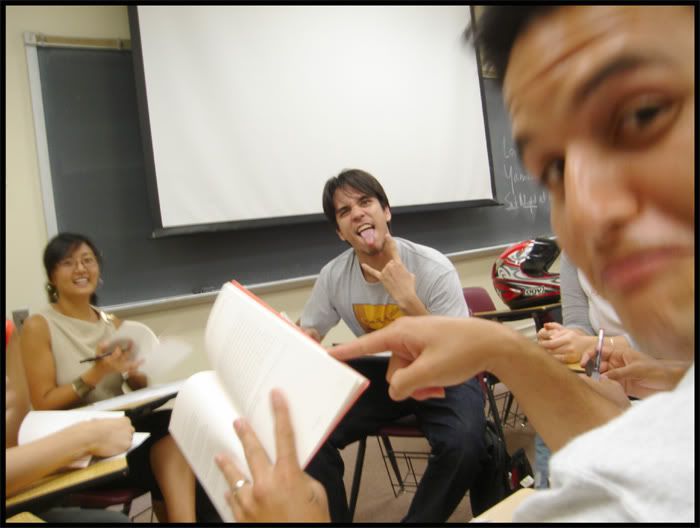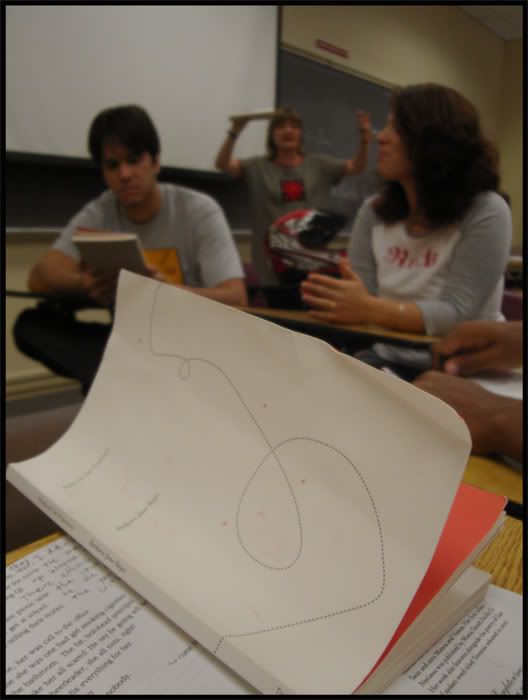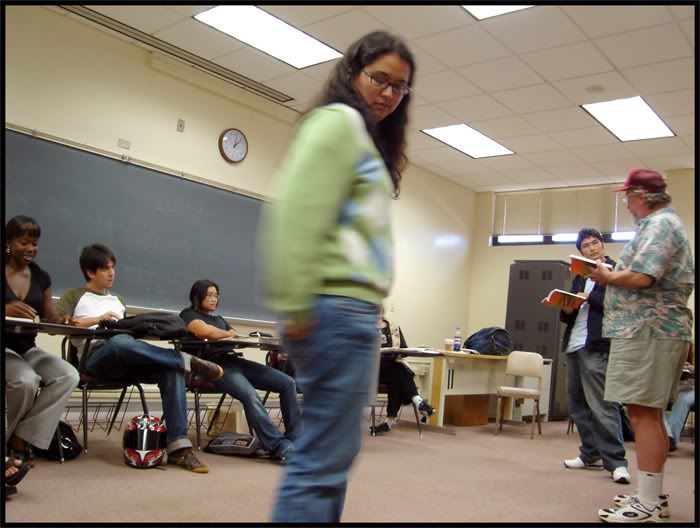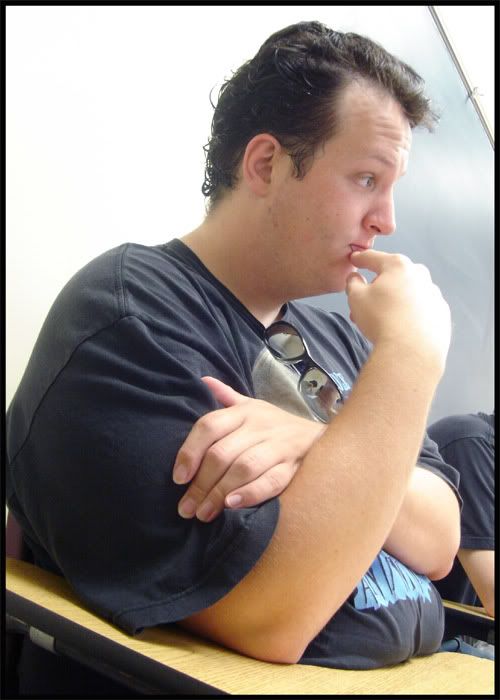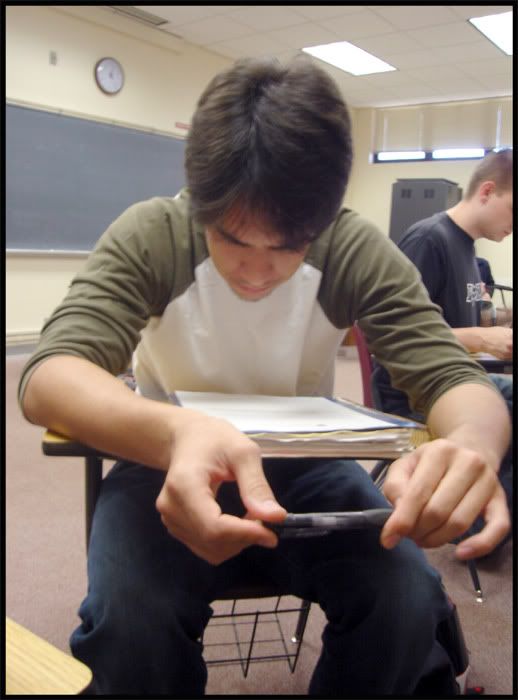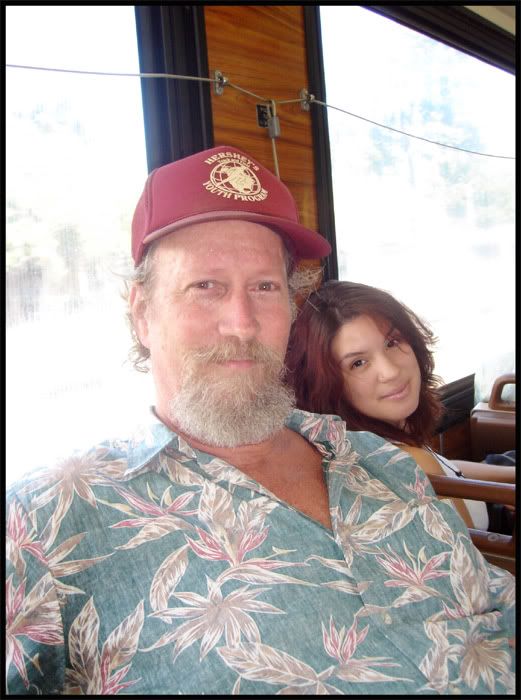amlit33839 N. Hotel Street
Honolulu Hawaii 96817
phone: 808.599.2552 | fax: 808.599.2553
www.thirtyninehotel.com
FOR IMMEDIATE RELEASE Contact: N. Trisha Lagaso Goldberg
Phone: 808.599.2552
MetroHAWAI’I: Gridlock and Other Local Traditions
Community collaboration explores issues of urbanness in the Aloha State
Opening reception: Friday, April 7, 6:00-9:00 PM
Public art intervention on Hotel Street: Friday, April 7, 7:00-9:00 PM
between Smith and Nuuanu
B-GIRL/B-BOY performance: Friday, May 5, 8:00 PM
Exhibition dates: April 7 – May 20, 2006
Honolulu, HI: For decades, Hawai’i has been represented—and has presented itself—as the idyllic tropical paradise. This image manifests in every form of popular media and tchotchke conceivable. From Hollywood films, to glossy travel brochures, whale and dolphin murals, postcards, popular music, and even on the box-covers of its famous chocolate-covered macadamia nuts—Hawai’i is portrayed as the perfect picture of aloha. This is the Hawai’i in the public’s mind-eye. This is the Hawai’i that we are all trained to imagine.
But for kama’aina, and those who have visited this island chain, it is clear that Hawai’i is much more than sunsets, surf and picturesque scenery. There are places, for instance, that are one part nature to twenty parts other-than-nature (see: military bases, conglomerate hotel sites, H-1 freeway anytime of day). And there are certain areas, still, that are the quintessential picture of city life (see: Chinatown, downtown Honolulu, streets of Waikiki). It is this aspect of Hawai’i, the urban, or the “metro,” that the MetroHAWAI’I project seeks to showcase.
MetroHAWAI’I: Gridlock and Other Local Traditions is a groundbreaking project, which consists of a visual art exhibition, mural, and youth arts education program. MetroHAWAI’I seeks to utilize these mechanisms to explore issues of urbanness throughout the Aloha State, with particular focus on the city of Honolulu. In the spirit of community collaboration, this project will work with one community-based organization, three local businesses, three Honolulu professionals, and approximately twenty visual artists—all who currently reside in Hawai’i—offering diverging views on the Hawaiian urban eco-system. In an effort to expand the ways in which the concept of “metro” is explored, the project will also present a companion website to include artist interviews and related writings filtered through the eyes of a visual critic.
An integral part of the MetroHAWAI’I project is the youth arts education program. Hawai’i is a unique example of ecological, social, political, and cultural development. These issues are ultimately tied to how the resources of space and energy are used. Though traffic management is often thrust to the foreground, problems related to water, land, and power lurk in the background. Beyond gridlock, the youth of Hawai’i
MetroHAWAI’I
Project Description
Page 2 of 2
are set to inherit significant challenges that tie these islands to the rest of the world in strategic, ecological, economic, and human migratory terms. The MetroHAWAI’I project does not seek to solve any of these problems, but intends to put youth in a position to understand and comment on them, using their cultural expressions and desktop netmedia.
PROJECT PARTICIPANTS
Program Coordinators
David A.M. Goldberg - Lead Artist-Teacher
N. Trisha Lagaso Goldberg - Exhibition Curator and Project Director
Todd Wyrick and Dr. Lori Phillips - Youth Program Organizers, from the In-Community Treatment Center at Palama Settlement
Visual Artists
Gaye Chan
Nate Chung
Kyle Collins
Ka-Ning Fong
Chad Hiyakumoto and Darin Lee, Aala Park Boardshop
Erika Johnson
Karen Kosasa
George F. Lee
Jessica Oshita
Stan Tomita
Students from Palama Settlement’s In-Community Treatment Program
Uno Mas
Guest Lecturers
Chad Hiyakumoto – Skateboarder and owner of A’ala Park Boardshop
Gelareh Khoie – Artist and Managing Director of thirtyninehotel
James L. Stone, AIA, Architect and Partner of Group 70 International
The MetroHAWAI’I project was conceived by NT Lagaso Goldberg.
thirtyninehotel's mission and purpose is to create a two-way bridge between Hawai'i and the world through interdisciplinary and mixed-media contemporary arts projects. thirtyninehotel is dedicated to finding new ways of building local networks with diverse communities in Hawai'i. This includes working with young people who have limited-to-no access to contemporary arts exhibitions, mixed-media arts education programs, and a media literacy rich environment. thirtyninehotel is a joint venture between painters Gelareh Khoie and
Richard Earl Leong Yu Ralya and producer/DJ Harvey Basset.
THE END.
